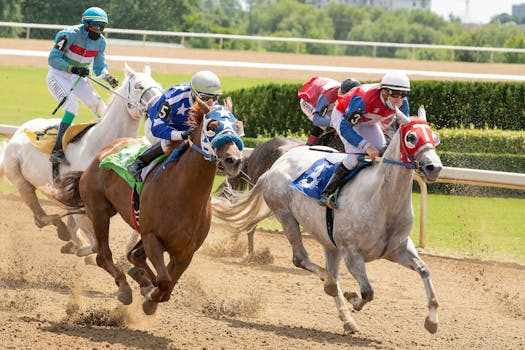You may have an advantage when looking for work if you have a foundation degree, higher national diploma or degree.
Relevant subjects include:
- events management
- marketing
- communications
- hospitality management
- leisure and tourism
- business management
University courses that include work placements will help you get practical experience and develop contacts in the industry.
Entry requirements
You'll usually need:
- 1 or 2 A levels, or equivalent, for a foundation degree or higher national diploma
- 2 to 3 A levels, or equivalent, for a degree





